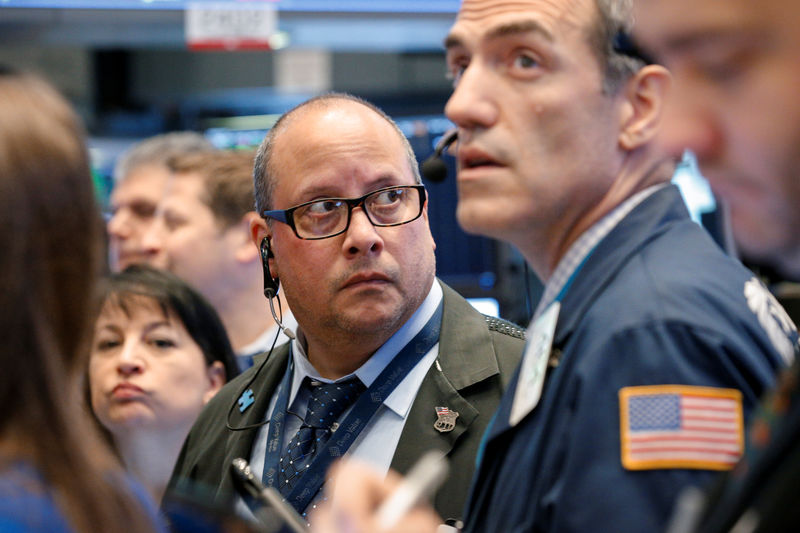* Fed cuts rates to 0-0.25%
* Dollar drops 2% vs yen
* Australian market down 7%, Nikkei futures sliding
* Asian stock markets : https://tmsnrt.rs/2zpUAr4
By Wayne Cole
SYDNEY, March 16 (Reuters) - Stock markets and the dollar fell heavily on Monday, after emergency rate cuts in the United States and New Zealand failed to allay fears about the coronavirus' economic shock.
U.S. stock futures hit their downlimit before daybreak in Singapore. The dollar sank more than 2% against the yen. FRX/
Nikkei futures NKc1 fell 6%. Australia's benchmark stock index fell 7% in the first quarter-hour of trade. U.S. crude fell 5% to under $30 per barrel.
The U.S. Federal Reserve cut interest rates by 100 basis points on Sunday to a target range of 0% to 0.25%. It said it would expand its balance sheet by at least $700 billion in coming weeks. market is wondering what the Fed knows that the rest of us don't," said Phil Orlando, chief equity market strategist at Federated Hermes in New York.
"Is COVID-19 an even bigger deal than we think?"
New Zealand's central bank also slashed interest rates by 75 basis points, sinking the country's currency, as it prepared for a "significant" hit to the economy. Treasuries futures TYv1 jumped more than a full point.
E-mini futures for the S&P 500 index ESc1 dropped 4.77% to their daily trading limit outside the United States.
Lockdowns and travel bans spread across the globe over the weekend, affecting tens of millions of people. Fed) must really be scared. To do that in one fell swoop is really quite shocking," said Robert Pavlik, chief investment strategist at Slatestone Wealth LLC in New York.
"They pulled out whatever weapons they had and my sense is I think it may help initially but I don't think it goes much further because this is still a developing issue. They used up basically all their ammunition and we're down to sticks and stones."
Five other central banks also cut pricing on their swap lines to make it easier to provide dollars to their financial institutions facing stress in credit markets. swap lines were set up by the Fed, the Bank of Canada, European Central Bank, Bank of England, Bank of Japan and Swiss National Bank in the financial crisis. They also agreed to offer three-month credit in U.S. dollars on a regular basis and at a rate cheaper than usual.
The move was designed to bring down the price banks and companies pay to access U.S. dollars, which has surged in recent weeks as the pandemic spooked investors. President Donald Trump called the move "terrific" and "very good news." with the New Zealand cut, and Australia's central bank poured $3.6 billion in liquidity into Australia's financial system. banks around the world continue to react with emergency interest rate cuts to assist with the shock to demand arising from the spread of the COVID-19 virus, with necessary public health containment efforts coming at a substantial economic cost," NAB chief economist Alan Oster.
"Central banks are also appropriately providing additional liquidity to financial systems."
In currency markets, the dollar dropped 1.7% on the Japanese yen to 106.01 JPY= , while the euro climbed 0.5% to $1.1168.
The risk-sensitive Australian dollar fell 0.25% to $0.6182 AUD=D4 while the New Zealand dollar NZD=D4 slipped 0.1% to $0.6048. Oil prices fell about 5% and gold rose.
Brent crude LCOc1 dropped $1.80 to $32.03 per barrel. O/R
https://tmsnrt.rs/2zpUAr4 Asia-Pacific valuations
https://tmsnrt.rs/2Dr2BQA
^^^^^^^^^^^^^^^^^^^^^^^^^^^^^^^^^^^^^^^^^^^^^^^^^^^^^^^^^^^>
